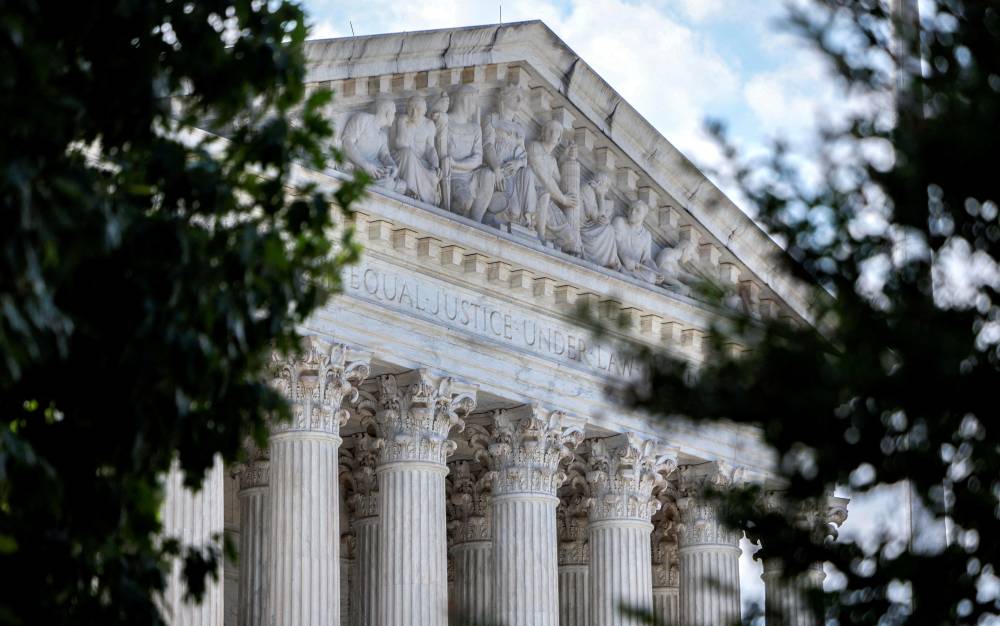Scotus lets Trump revoke limited legal status for migrants

The US Supreme Court on Friday let President Donald Trump’s administration revoke the temporary legal status of hundreds of thousands of Venezuelan, Cuban, Haitian and Nicaraguan migrants living in the United States, bolstering the Republican president’s drive to step up deportations.
The court put on hold Boston-based US district judge Indira Talwani’s order halting the administration’s move to end the immigration “parole” granted to 532,000 of these migrants by Trump’s predecessor Joe Biden, potentially exposing many of them to rapid removal, while the case plays out in lower courts.
Immigration parole is a form of temporary permission under American law to be in the country for “urgent humanitarian reasons or significant public benefit,” allowing recipients to live and work in the United States.
Biden, a Democrat, used parole as part of his administration’s approach to deter illegal immigration at the US-Mexican border.
Trump called for ending humanitarian parole programs in an executive order signed on Jan. 20, his first day back in office.
The Department of Homeland Security subsequently moved to terminate them in March, cutting short the two-year parole grants.
Unsigned
The administration said revoking the parole status would make it easier to place migrants in a fast-track deportation process called “expedited removal.”
As with many of the court’s orders issued in an emergency fashion, Friday’s decision was unsigned and gave no reasoning.
Two of the nine-member court’s three liberal justices, Ketanji Brown Jackson and Sonia Sotomayor, publicly dissented.
The court botched its decision by failing to account for its impact, Jackson wrote in an accompanying opinion.
The outcome, Jackson wrote, “undervalues the devastating consequences of allowing the government to precipitously upend the lives and livelihoods of nearly half a million noncitizens while their legal claims are pending.”
The case is one of many that Trump’s administration has brought in an emergency fashion to the nation’s highest judicial body seeking to undo decisions by judges impeding his sweeping policies, including several targeting immigrants.
Open border
The Supreme Court on May 19 also let Trump end a deportation protection called temporary protected status that had been granted under Biden to about 350,000 Venezuelans living in the United States, while that legal dispute plays out.
Biden starting in 2022 let Venezuelans who entered the United States by air request a two-year parole if they passed security checks and had a US financial sponsor.
Biden expanded that to Cubans, Haitians and Nicaraguans in 2023.
Trump and his Republican allies said Biden’s open border policy has allowed millions of illegal aliens into the United States.
In many instances, the migrants were housed in schools, displacing students, and in hotels adding to the financial burden of states and cities.
A group of migrants granted parole and Americans who serve as their sponsors sued, claiming the administration violated federal law governing the actions of government agencies.
Talwani in April found that the law governing such parole did not allow for the program’s blanket termination, instead requiring a case-by-case review.
Reuters, the news and media division of Thomson Reuters, is the world’s largest multimedia news provider, reaching billions of people worldwide every day. Reuters provides business, financial, national and international news to professionals via desktop terminals, the world's media organizations, industry events and directly to consumers.

















